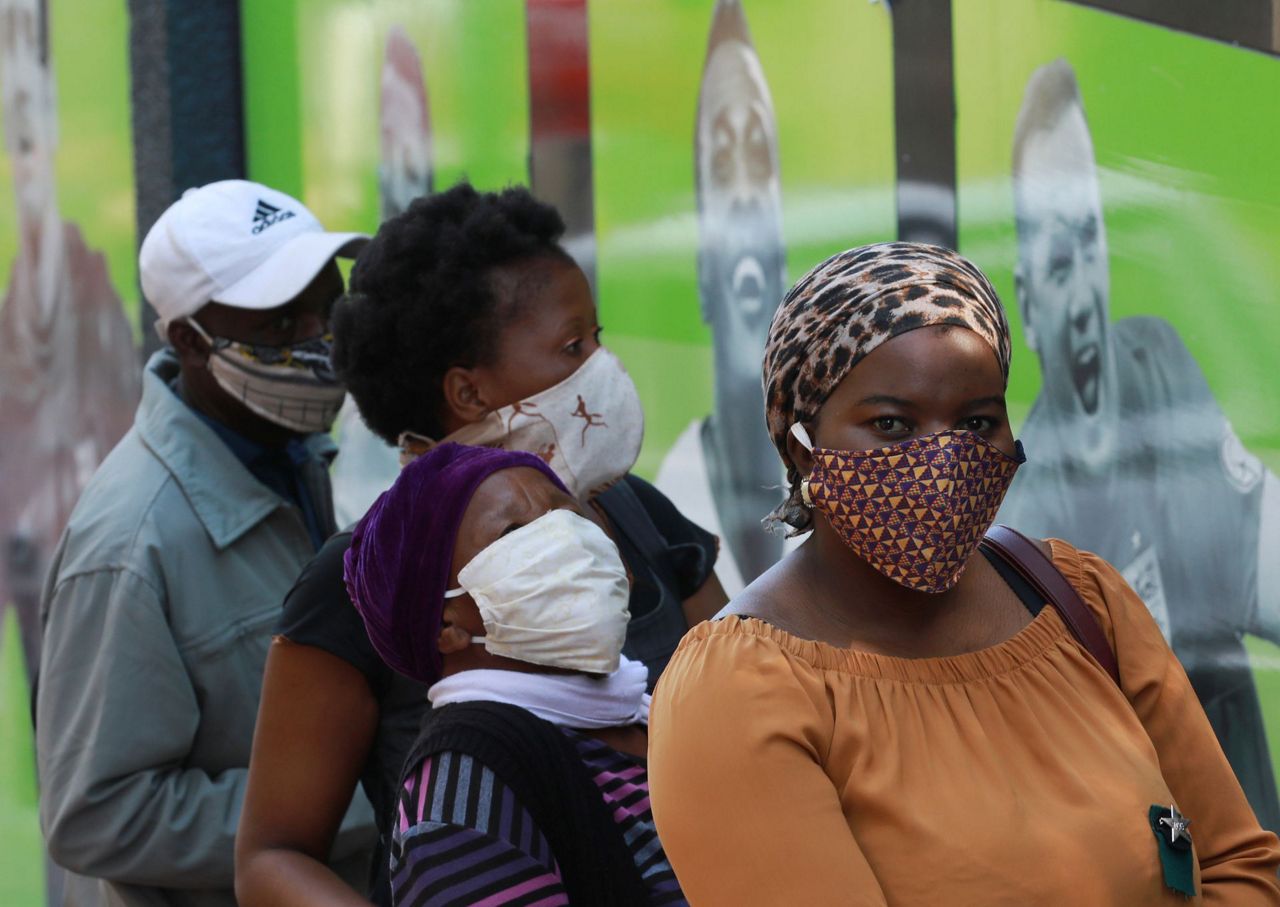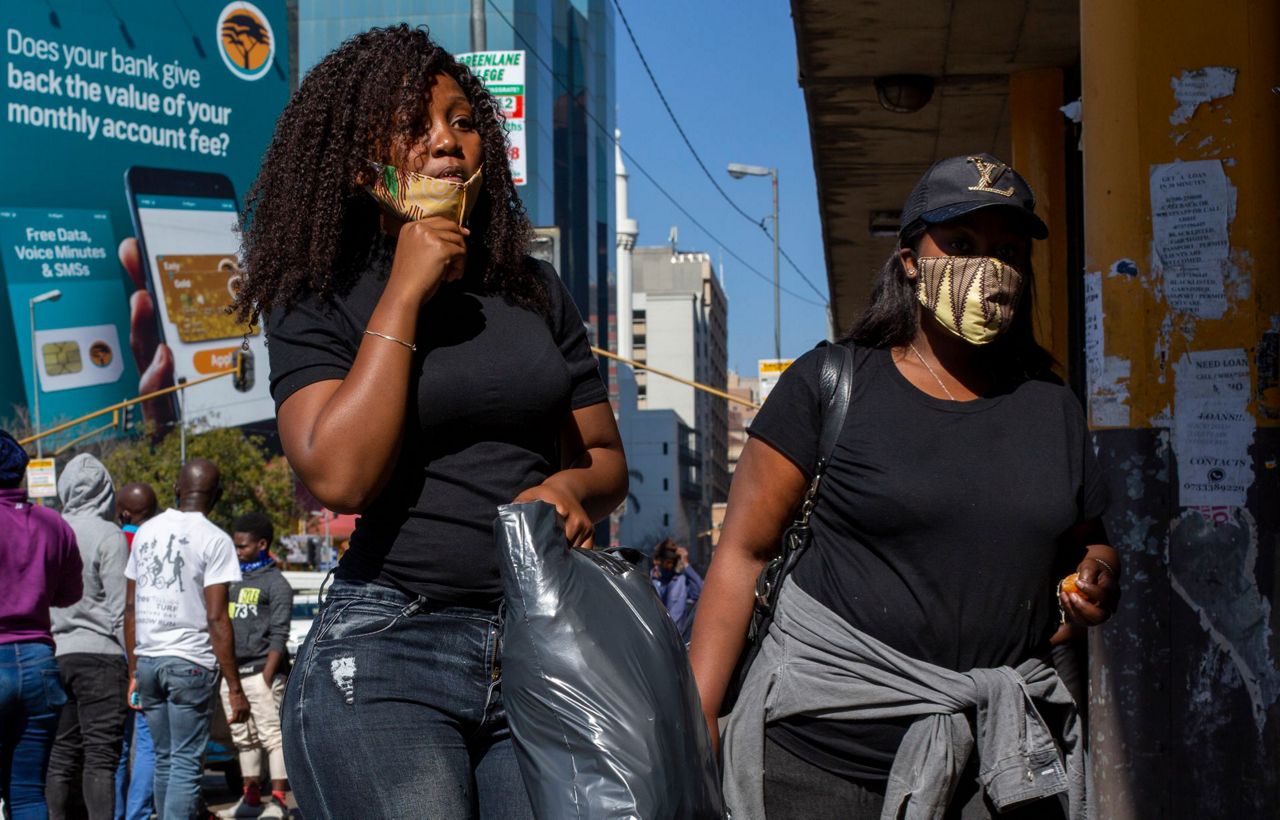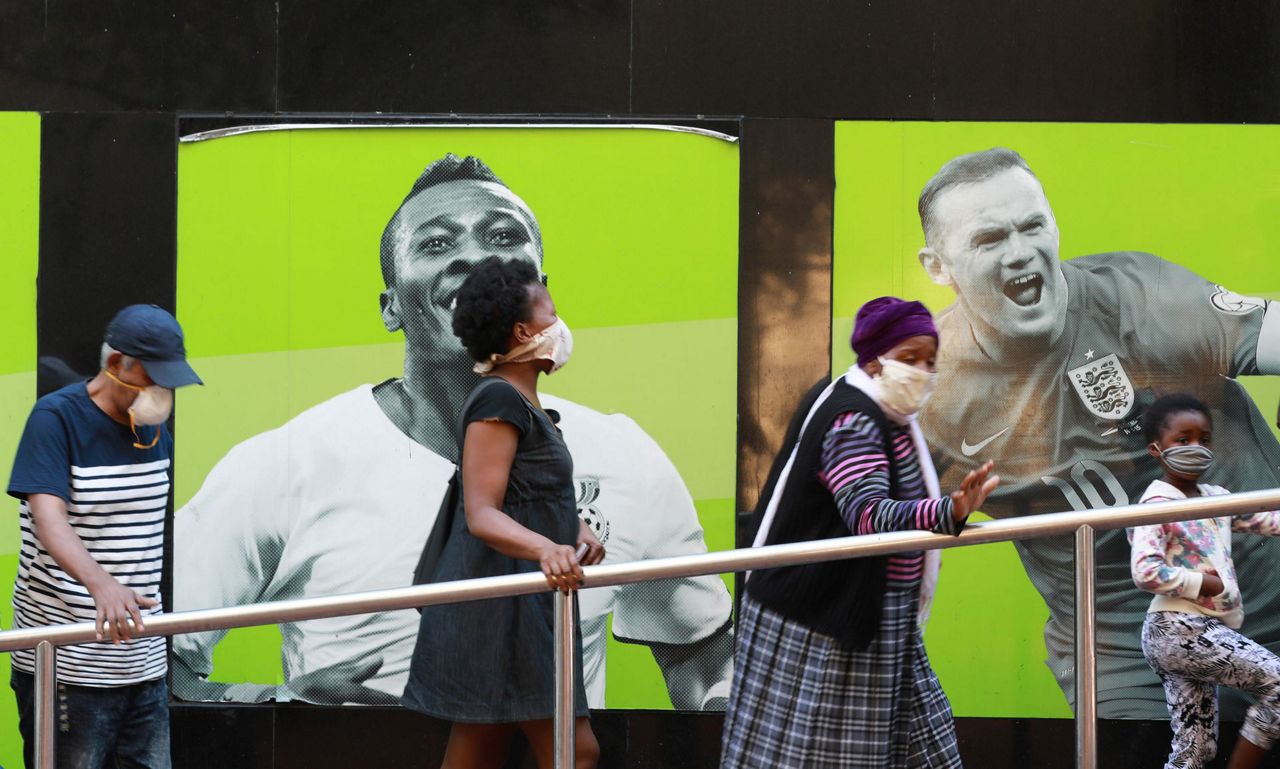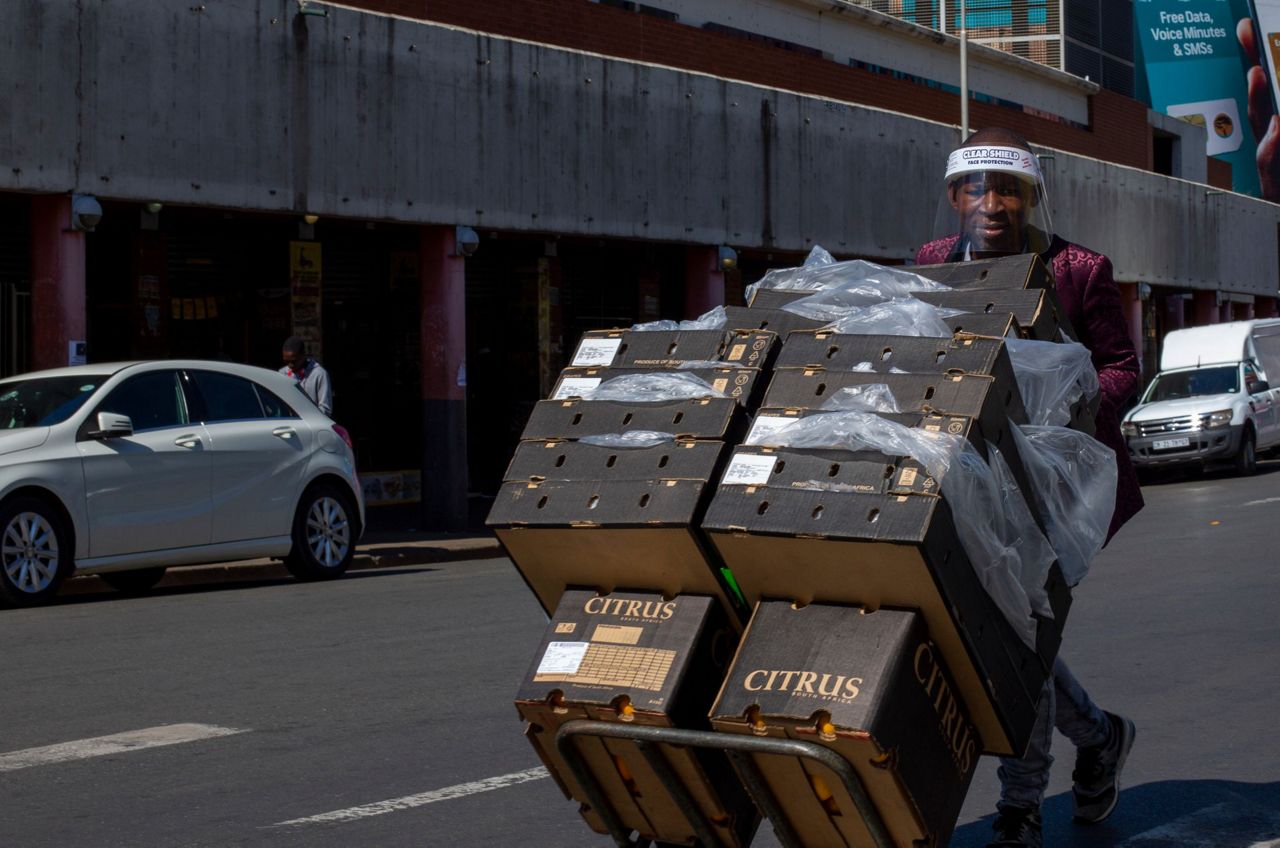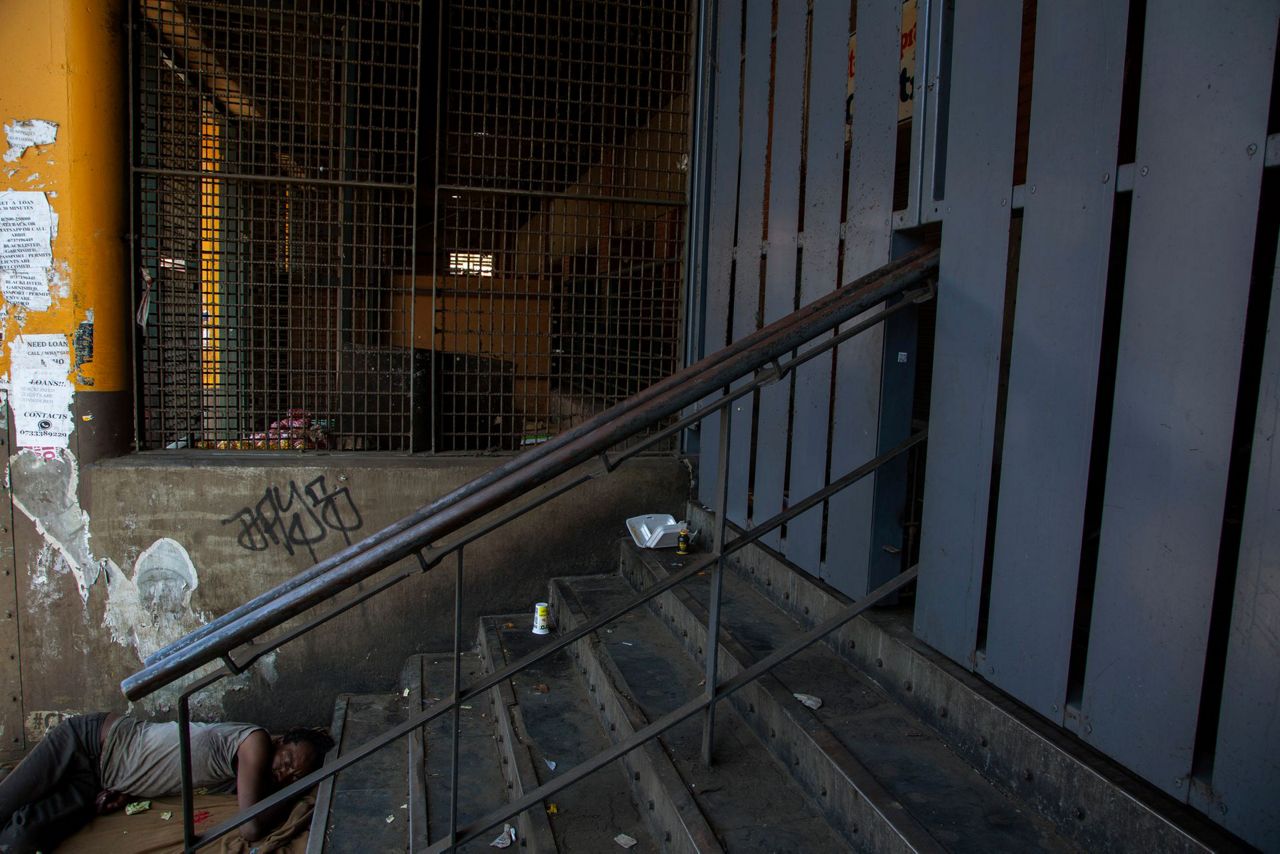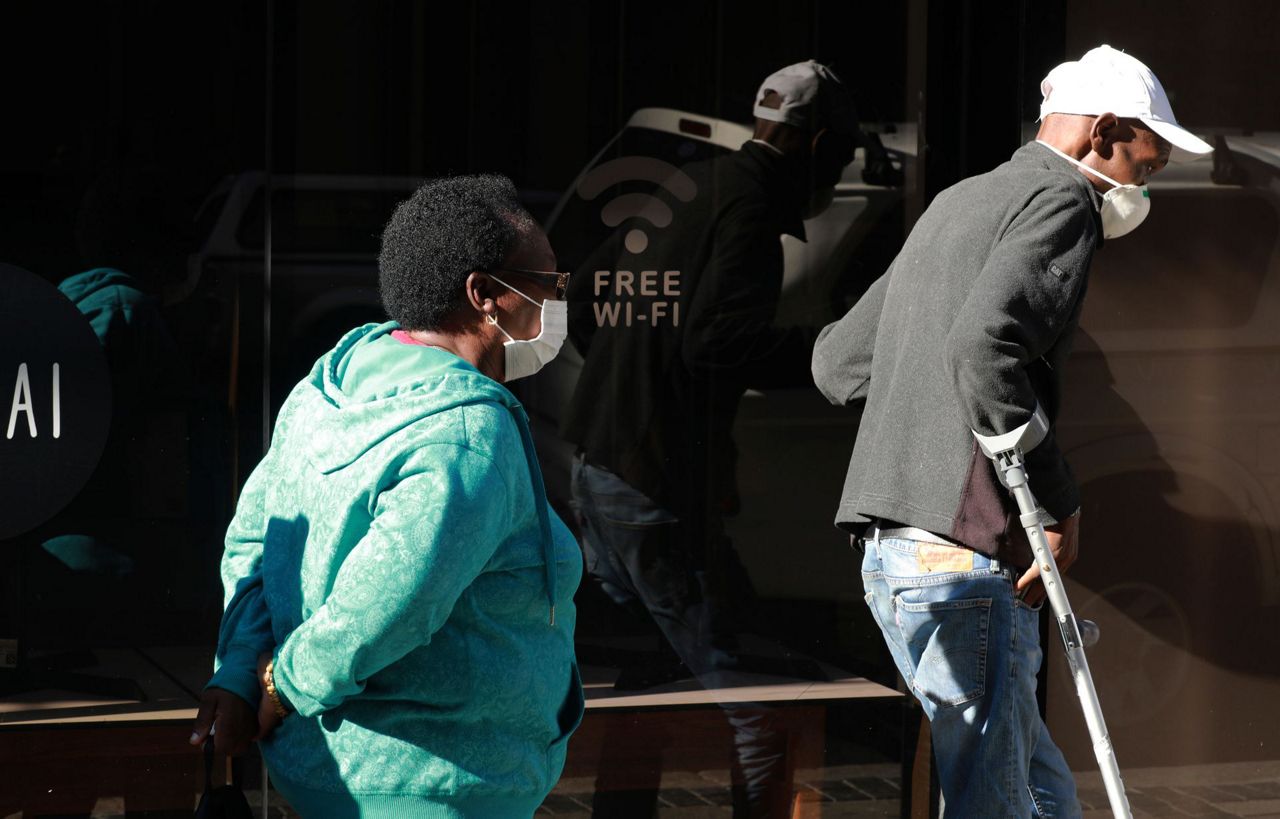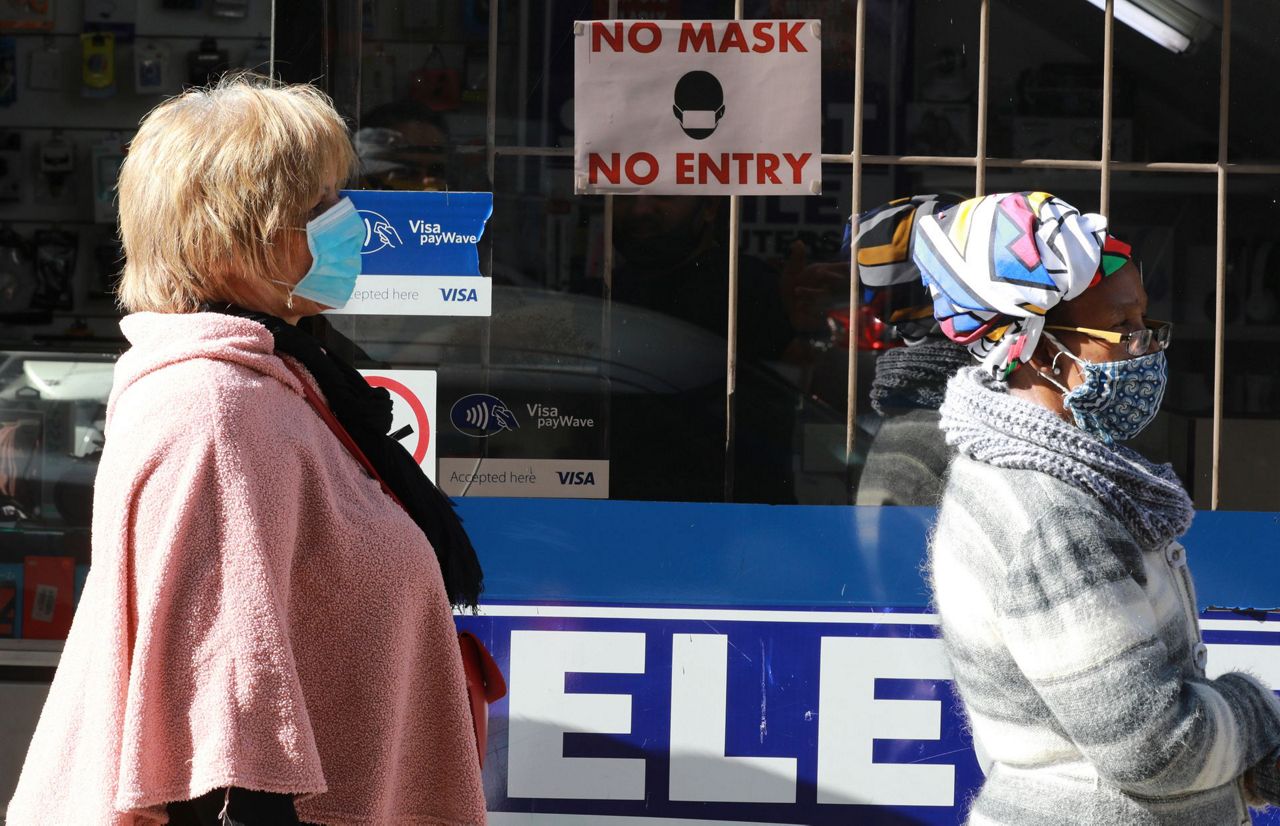JOHANNESBURG (AP) — Cape Town and the surrounding Western Cape province have become South Africa's coronavirus hotspot, accounting for more than half of the nation’s confirmed cases, which have gone above 10,600.
The Western Cape province has 5,621 cases, according to figures released Monday, and of the country's 206 deaths registered from COVID-19, 116 have occurred in the province.
Cape Town, with its poor, densely populated townships, is the center of the cases in the province.
South Africa has the continent's highest number of confirmed cases and has eased its restrictions to allow an estimated 1.6 million people to return to work in selected mines, factories and businesses.
However, the concentration of cases in Cape Town may see the city return to a stricter lockdown, according to Health Minister Zweli Mkizhe.
“That is what is going happen in Cape Town. Where the higher rate of transmission is, it is going to require that there are even stricter restrictions,” said Mkhize over the weekend.
“Our data indicated that the virus is spreading faster, and that we are in a new phase of the pandemic," said Western Cape premier Alan Winde on Sunday, saying the province is now experiencing greater community transmission. "This is a phase that every part of the country will experience at some point,” said Winde, adding that South Africa is expected to reach its peak of cases in August.
The Western Cape's increase in recorded cases has become a political battle as its governing party, the liberal opposition party Democratic Alliance, has called for the lifting of the lockdown restrictions for economic reasons. But President Cyril Ramaphosa and the ruling African National Congress party are calling for the Western Cape to return to strict lockdown to try to contain its outbreak.
Ramaphosa is expected to visit the Western Cape province this week.
Ramaphosa warned in his weekly letter to the nation on Monday that South Africans must be aware that the coronavirus will be active in the country for more that a year and people must prepare for a new reality where fighting it is part of their daily lives.
“Even after lockdown — especially after lockdown — we still need to observe social distancing, wear face masks, wash hands regularly, and avoid contact with other people," wrote Ramaphosa, “We will need to re-organize workplaces, schools, universities, colleges and other public places to limit transmissions.”
Copyright 2020 The Associated Press. All rights reserved. This material may not be published, broadcast, rewritten or redistributed without permission.



